The advantages and limitations of wire bonding in electric vehicle applications
Charged
NOVEMBER 18, 2021
The progress in electric vehicle production has created the need for better, more reliable interconnects that can be scaled to high-volume manufacturing. It is no surprise therefore that leading automotive manufacturers in the electric vehicle space have turned to wire bonding for their interconnect needs. In-process monitoring.


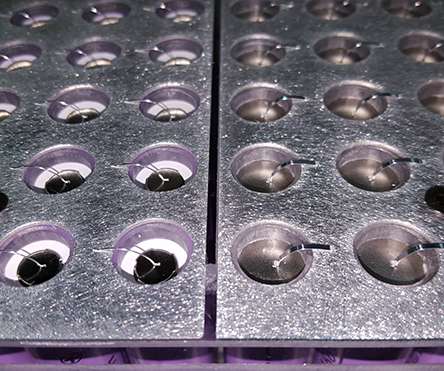
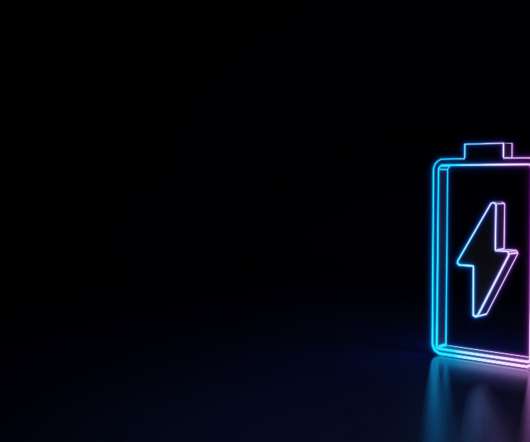
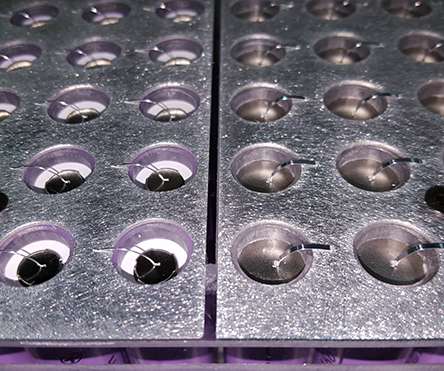
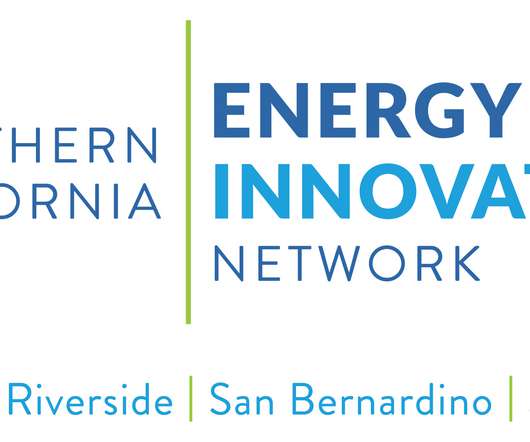
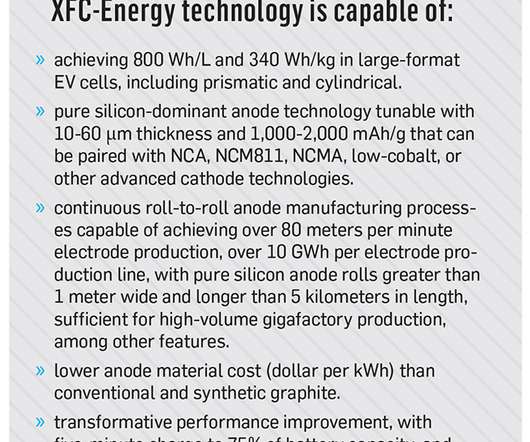








Let's personalize your content